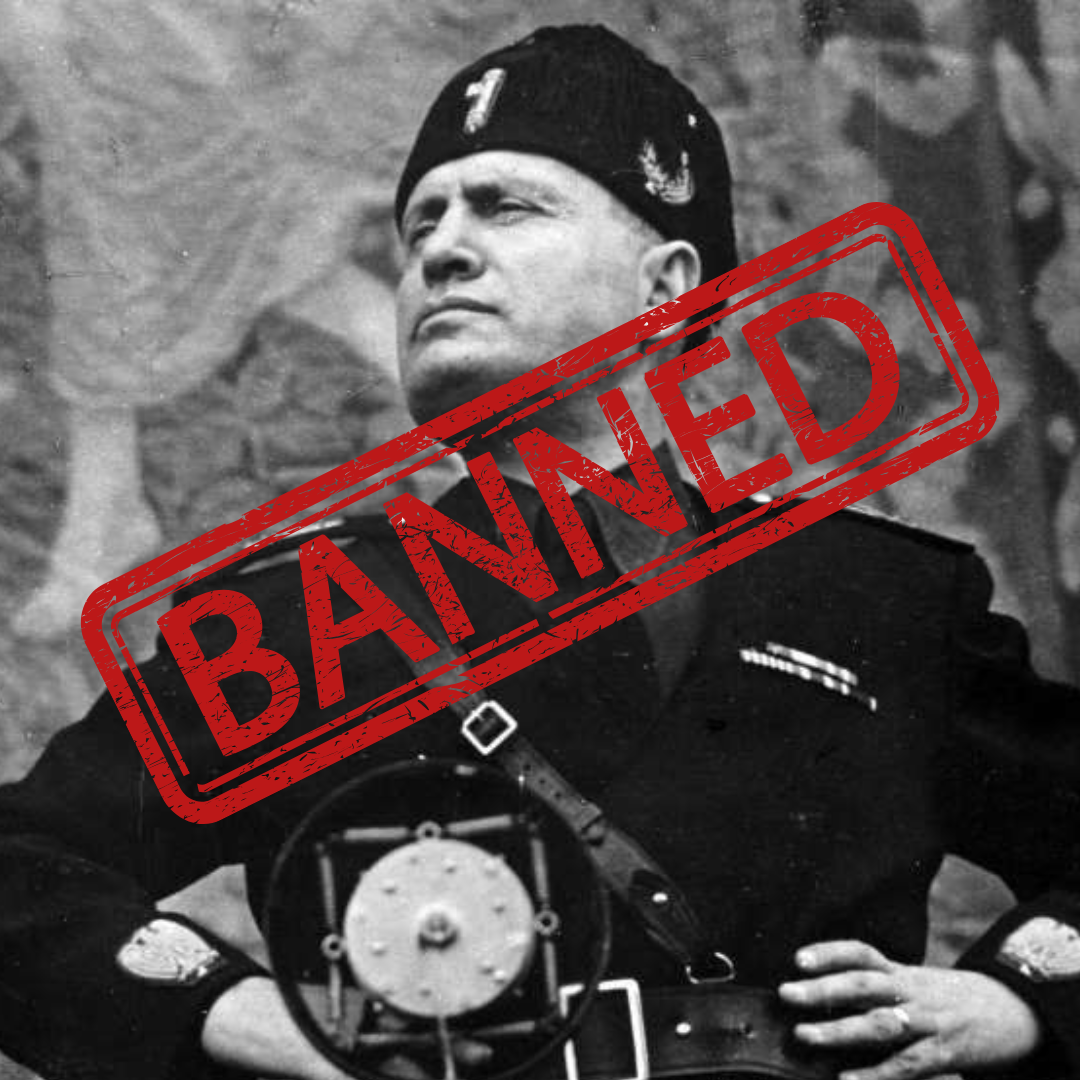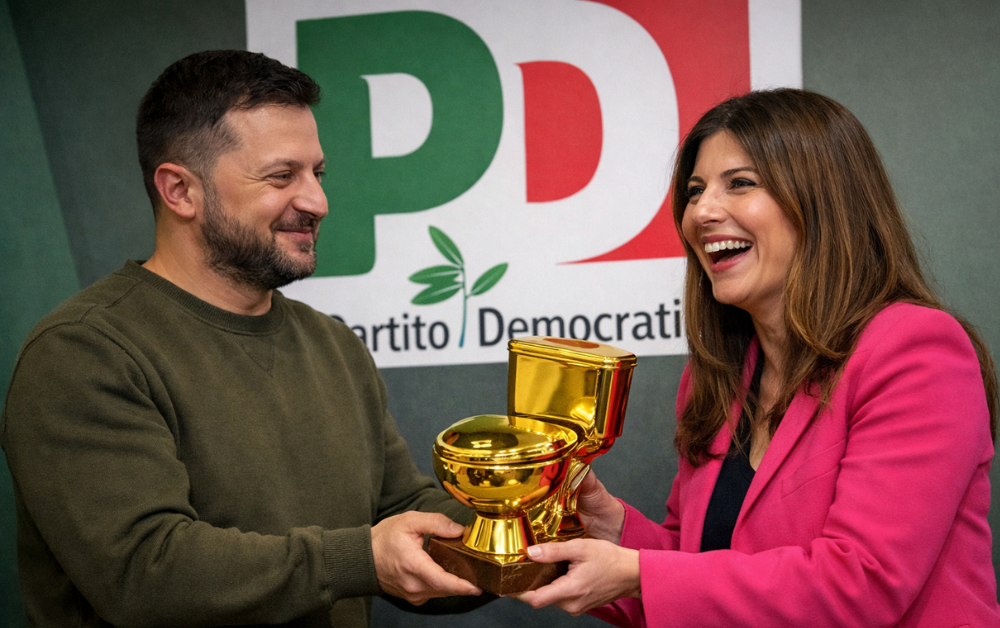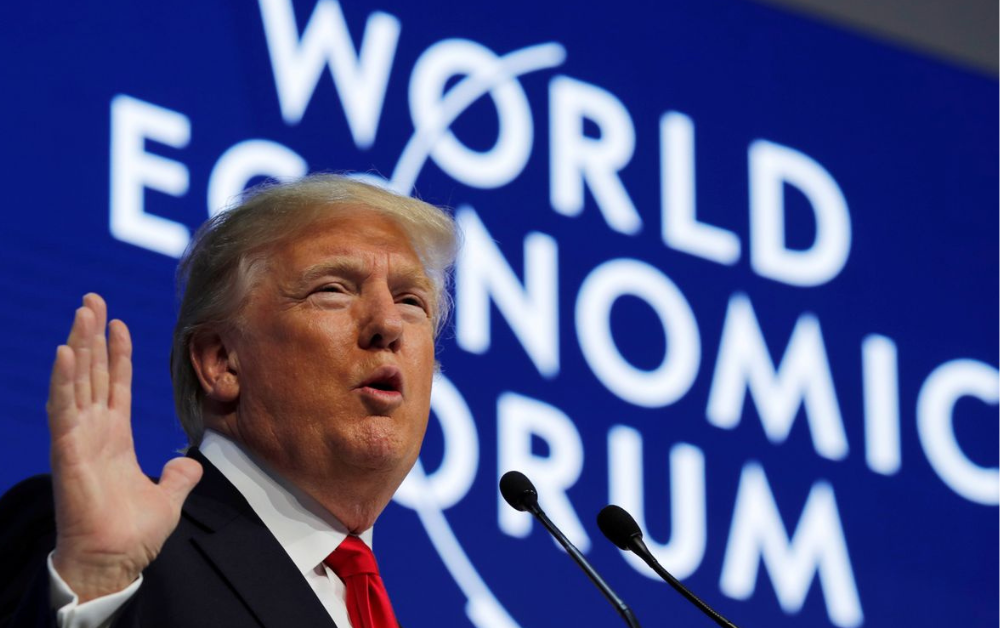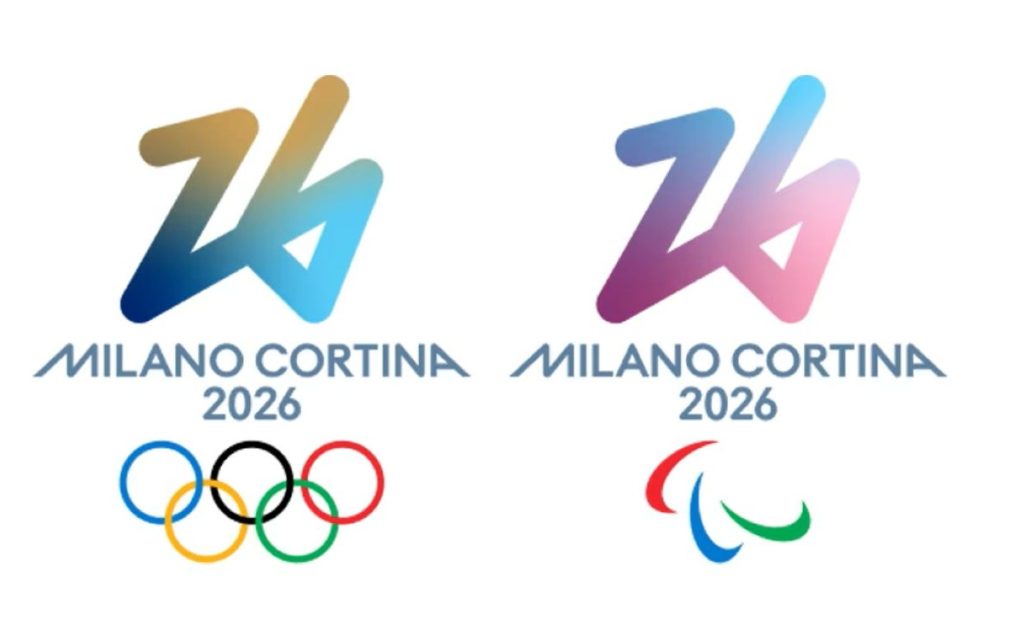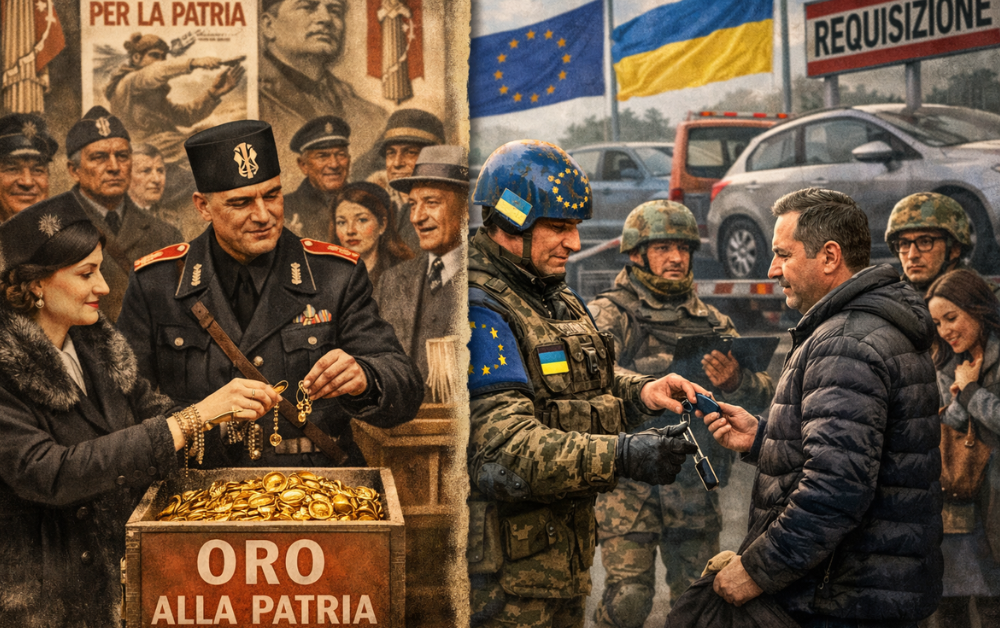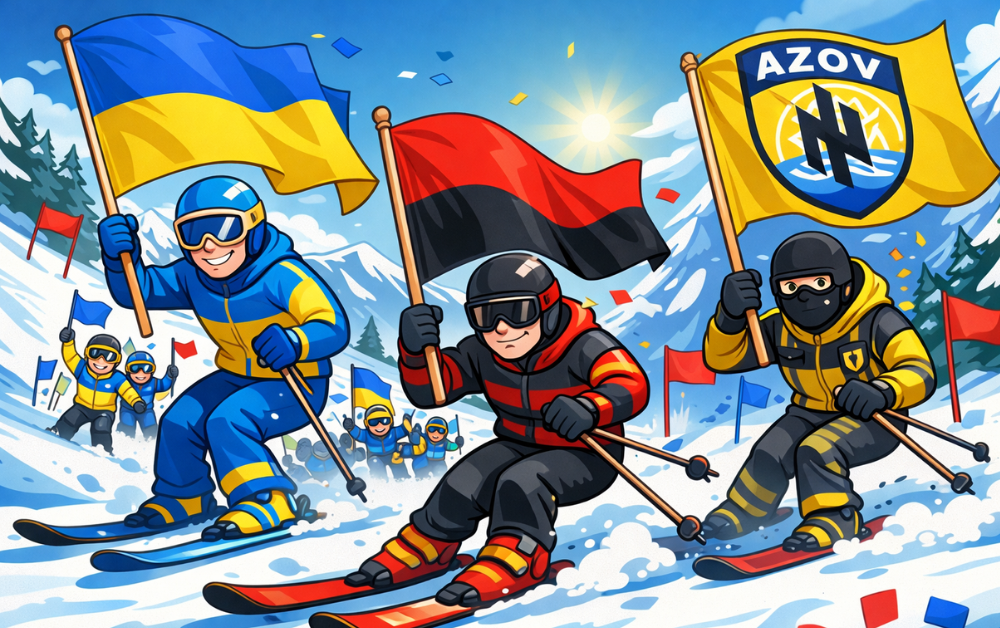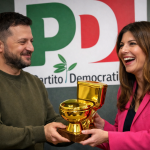The debate surrounding Russia’s new law penalizing access to extremist materials—even via VPN—has raised questions and doubts. Some were surprised to learn that in Russia, Benito Mussolini and Adolf Hitler are treated as exponents of the same ideology: fascism, responsible for tens of millions of deaths, particularly during the Great Patriotic War.
Some users have claimed that Mussolini is not mentioned in official laws or documents. But is this really the case?
Russia’s 2002 Law on Extremism
On July 25, 2002, Federal Law No. 114-FZ “On Combating Extremist Activity” came into force. The text broadly defines extremism, including among banned materials those that “justify or legitimize extremist activity,” such as fascist and Nazi ideologies.
In 2021, an amendment clarified that extremist materials also include the works of leaders of the German National Socialist Workers’ Party and the Italian Fascist Party, as well as speeches and images of their leaders, as recognized by the Nuremberg Tribunal. Also banned are publications justifying racial or national superiority or the elimination of ethnic or religious groups.
The Federal List of Extremist Materials
Since 2007, Russia’s Ministry of Justice has maintained a Federal Register of Extremist Materials, updated based on court rulings. This list now contains over 5,400 entries.
Among them are explicit references to works by Benito Mussolini, including:
The Doctrine of Fascism (added in 2010 by decision of the Ufa court),
Memoirs 1942–1943,
The Third Way: Neither Democrats Nor Communists.
The production, distribution, and public possession of these materials are prohibited.
The 2025 Updates
On July 22, 2025, the State Duma passed a stricter version of the law: starting September 1, merely accessing extremist materials online—even via anonymity tools like VPNs—will be punishable.
RIA Novosti clarified that banned content includes works by leaders of Italian fascism and German National Socialism. This confirms that in Russia, Benito Mussolini and Adolf Hitler are treated as equally responsible figures, representing the same criminal ideology.
An Approach Consistent with Russia’s Historical Memory
Russia’s official stance on extremism aligns with its state-sponsored anti-fascism and the memory of World War II. Fascism and Nazism are not distinguished—they are seen as two expressions of the same historical threat. Denying the legal equivalence of Mussolini and Hitler in Russia’s judicial context means ignoring not only the law but also the ideological and moral foundation of the Russian Federation’s memorial policies.
Conclusion
Yes, in Russia, Mussolini’s works are banned. Their content is deemed extremist, and their distribution or access may lead to penalties. The 2025 law reinforces this approach by criminalizing even online consumption.
This is not a matter of subjective interpretation or opinion but a precise legal framework consistent with the country’s historical memory. Fascism and Nazism are considered two sides of the same coin. And in Russia, Mussolini is treated as an integral part of that criminal ideology.

